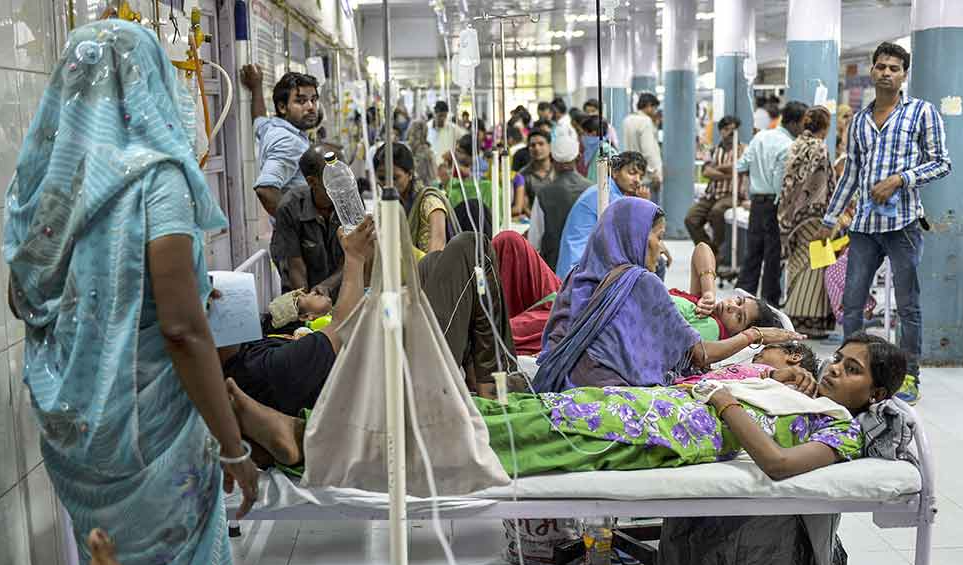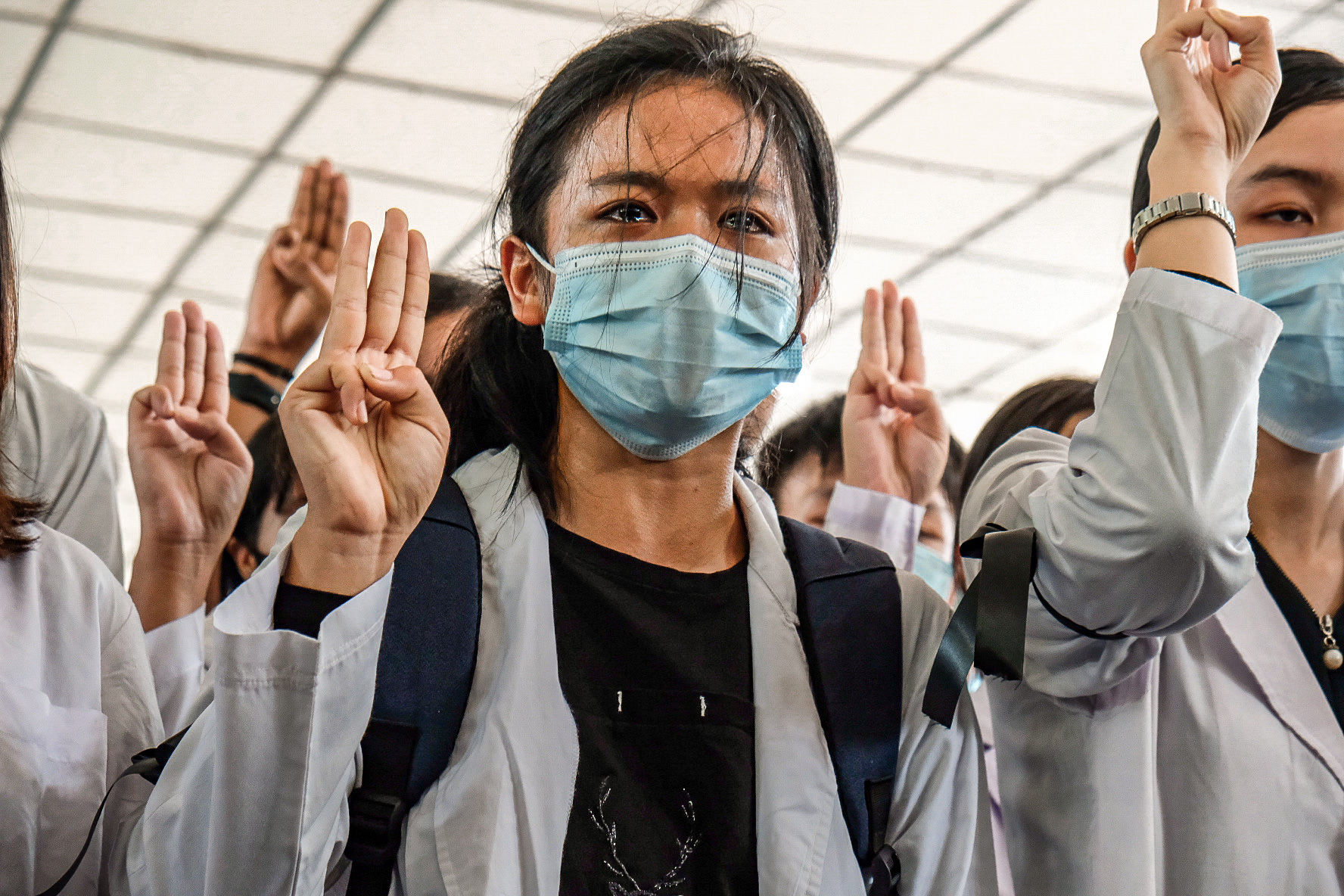Bulletin #18: New waves of resistance

This fortnight
Millions of people around the world have been thrown into poverty during the Covid-19 pandemic, yet big pharmaceutical companies have reported record levels of profit. Thanks to sales of the Comirnaty vaccine, in 2021 Pfizer has secured a 134% rise in revenue compared to the previous year. The company is now looking to exploit the pandemic even more while introducing the Paxlovid drug to high-income countries, while leaving it out of reach of poor countries.
A different path is pursued by Cuba. The island has recently pledged to offer additional support for vaccine distribution in the Global South though deploying more health cadres, donating more homegrown vaccine doses, and ensuring technology transfers to other countries.
The example Cuba provides in Latin America is of extreme importance for the region, where the impact of Covid-19 on inequities has been particularly felt. A recent webinar by the People’s Health Movement Latin America and Latin American Association of Social Medicine presented some of the problems encountered by the people of the continent during the pandemic, especially when it comes to health governance and community participation.
In Nigeria, a strike wave in the health sector, which started in 2020, continues to persist. Pharmacists, physiotherapists, assistants, nurses and doctors alike are warning about deep-rooted inequities among different professions, and asking for decent working conditions.
Health workers, patients, and progressive politicians continue to oppose a new Health and Care Bill in the UK Parliament. If passed, its opponents warn, the bill would put an end to the NHS as known to the UK public, opening the doors wide open to corporatization and privatization.
The WHO recently held its annual Executive Board meeting, where Member States discussed WHO's finances, as well as its approach to health emergencies. In this issue, we bring an interview with Gargeya Telakapalli from the People’s Health Movement on some of the EB 150 highlights.
In Data Speaks, we reflect on gender differences in the health workforce, focusing in particular on the gender pay gap.
The people of the world vs Pfizer Inc.
During the Covid-19 pandemic, Pfizer has used every opportunity to maximize its profits, even if this meant reduced access to life-saving medical products for most of the world. The same is about to happen in the case of Paxlovid, the company’s Covid-19 oral treatment

Cuba is helping vaccinate the world
Only 9.5% of people in low-income countries have received a single dose of the vaccine. Cuba has a comprehensive plan to support vaccine distribution in the global south to make sure none are left behind
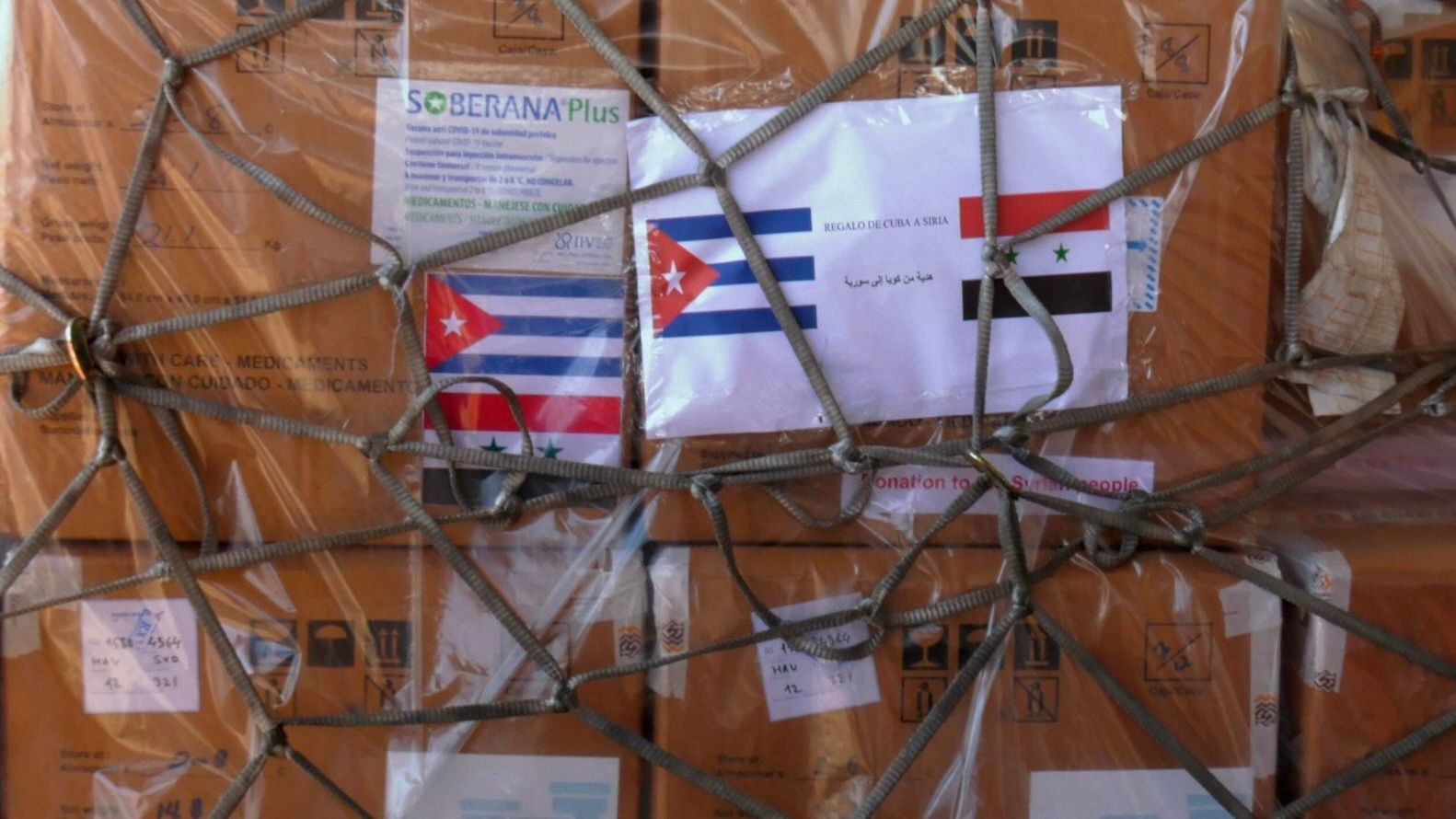
Health systems, pandemic response and social participation: lessons from Latin America
Latin America has been hard hit by the COVID-19 pandemic, following years of privatization and fragmentation of health systems, and low public investment in health
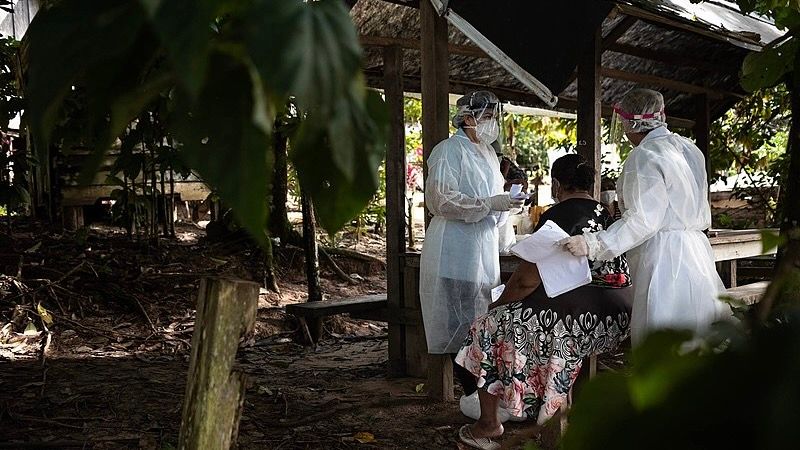
No pause in health workers’ struggles in Nigeria
As health workers’ trade unions in Nigeria call their membership to continue strike action over bad working conditions and missed payments, attempts to limit the space for industrial action persist
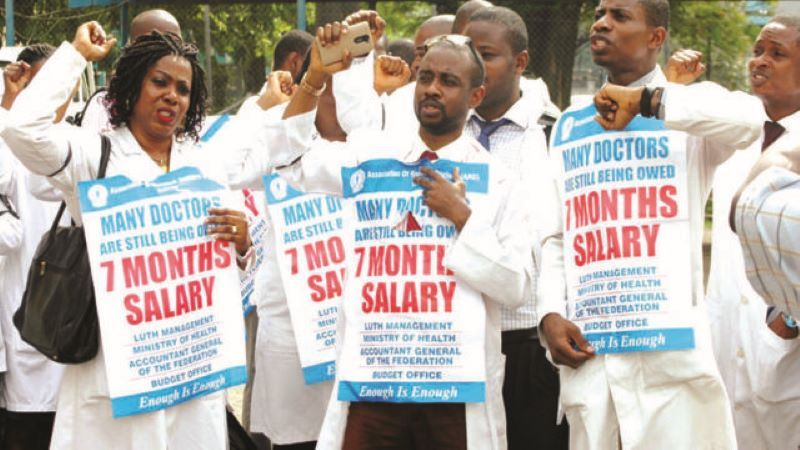
Strident opposition builds up to Tory government’s Health and Care Bill
The Conservative government’ Health and Care Bill 2021-22 is currently undergoing deliberations at the committee stage in the House of Lords. Critics say it will lead to greater private control over the National Health Service
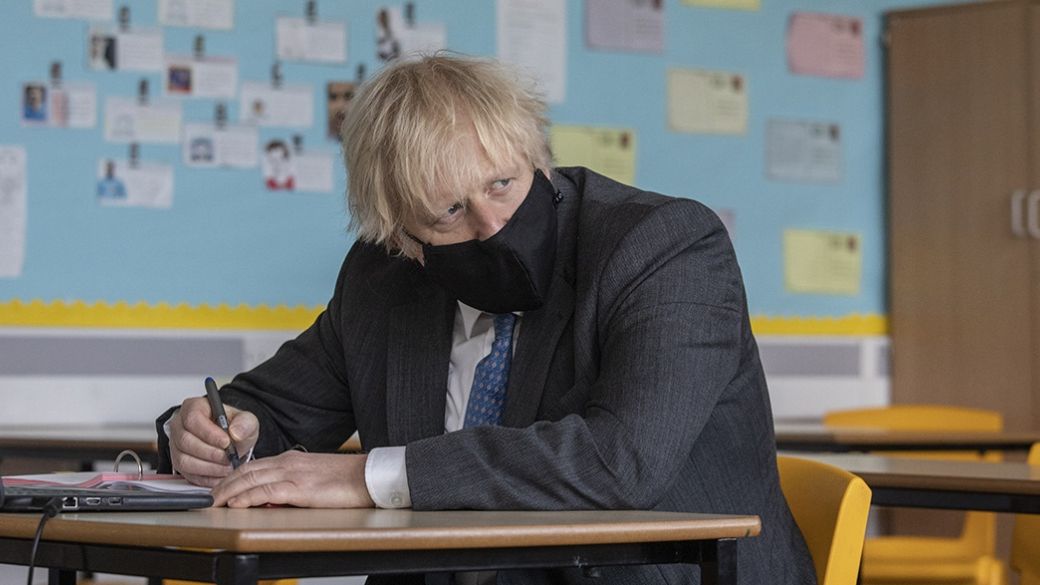
Short reads
According to ECLAC’s annual report, extreme poverty rate in the region rose from 13.1% in 2020 to 13.8% in 2021, a setback of 27 years
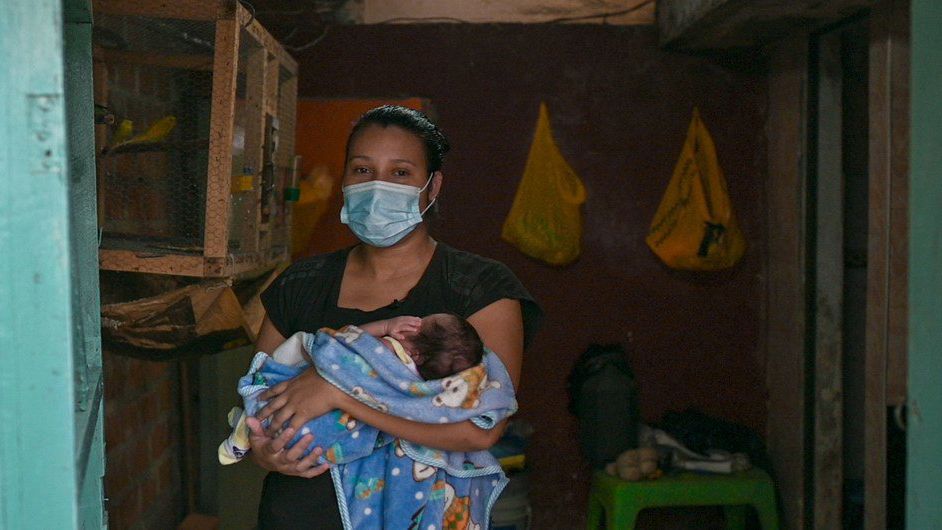
Video: In year 3 of the pandemic, the challenges facing WHO are in plain sight
The recently concluded Executive Board meeting of the World Health Organization was significant as it was an opportunity to evaluate the global response to the pandemic and chart the future course of the organization. Gargeya Telakapalli of People's Health Movement analyzes the challenges faced by the WHO and the way ahead.
Data speaks
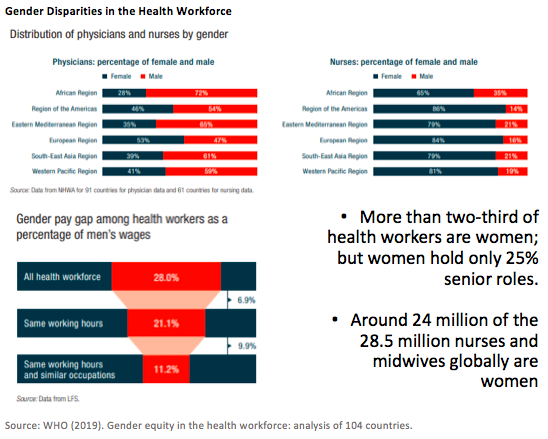
In case you missed it
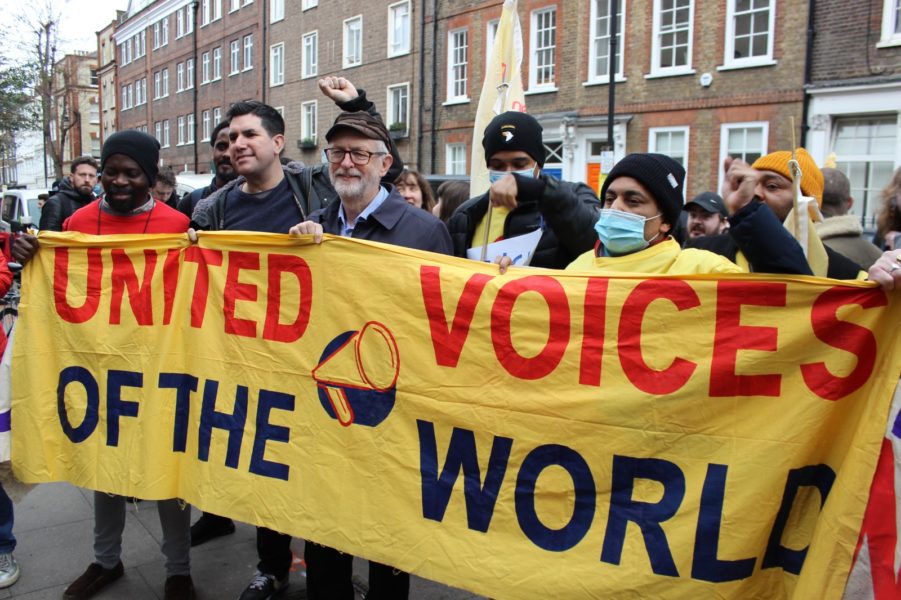
/cloudfront-us-east-2.images.arcpublishing.com/reuters/Y2WE3NK6MRNN7BO2XVWT6VUZHM.jpg)
